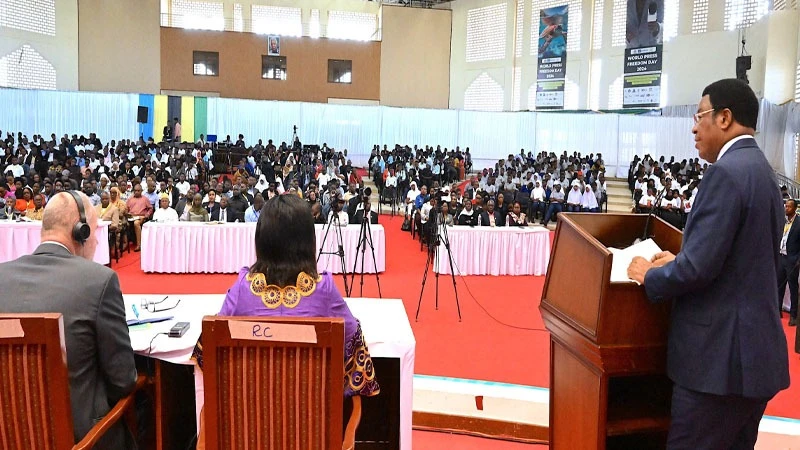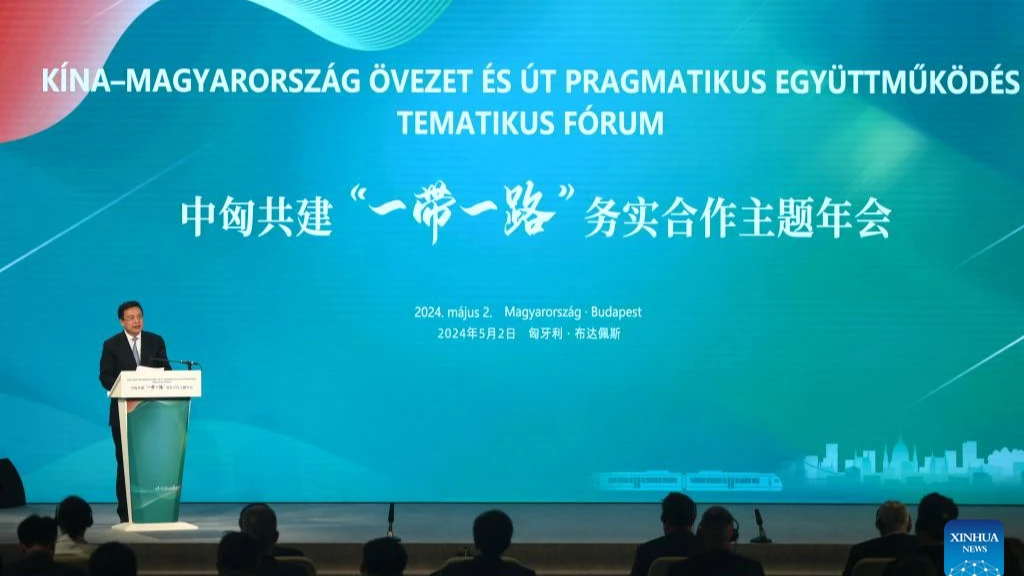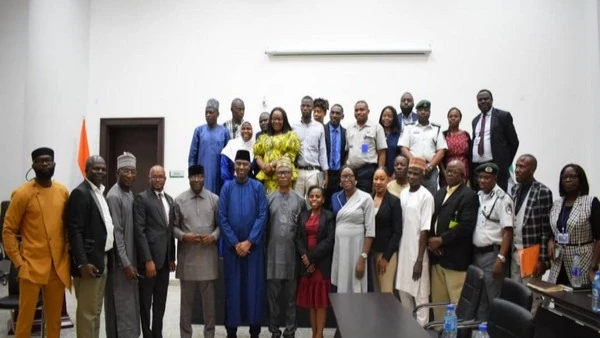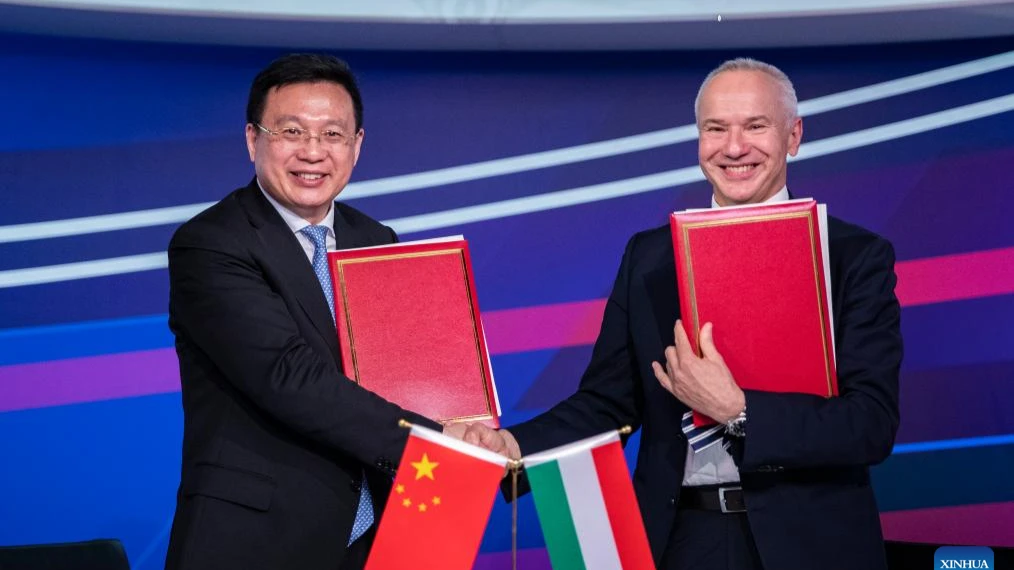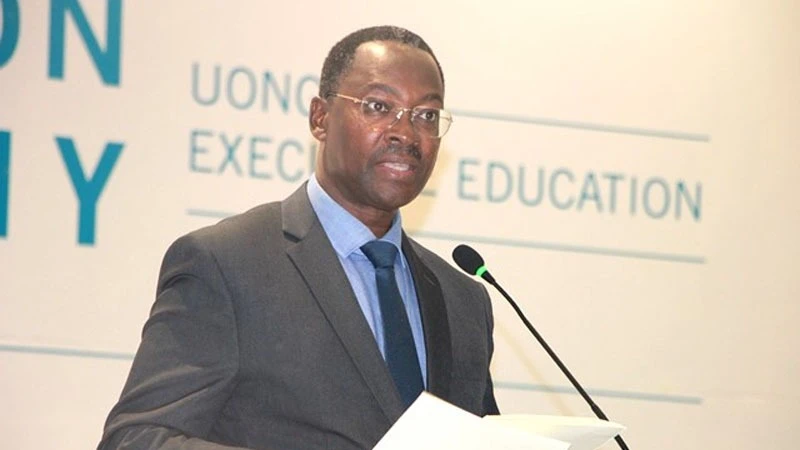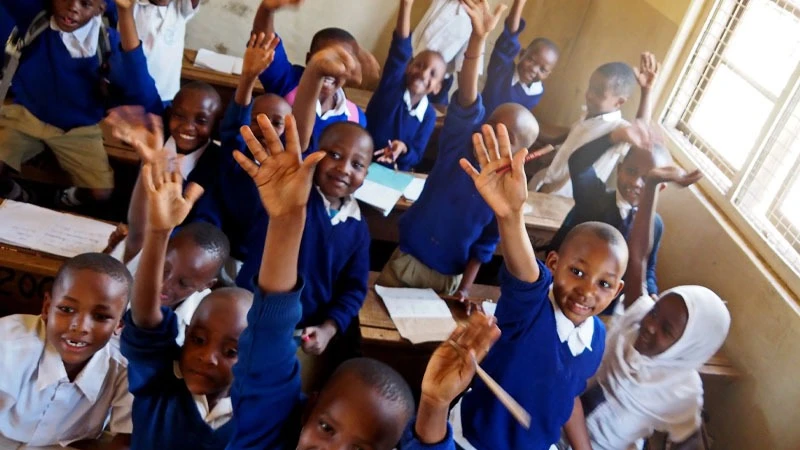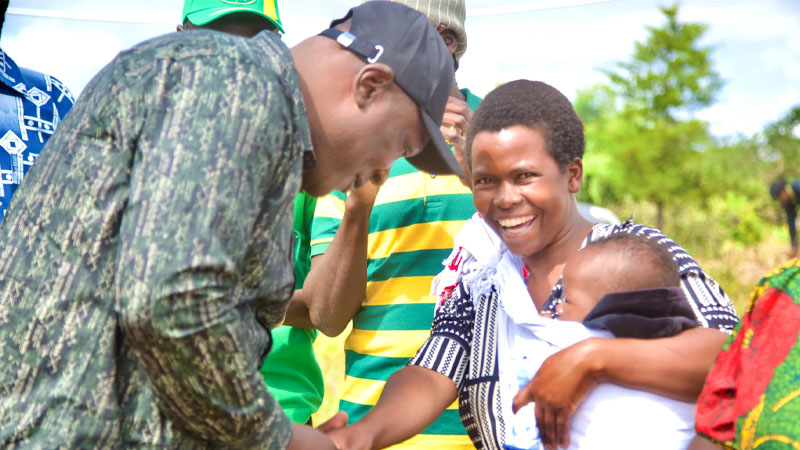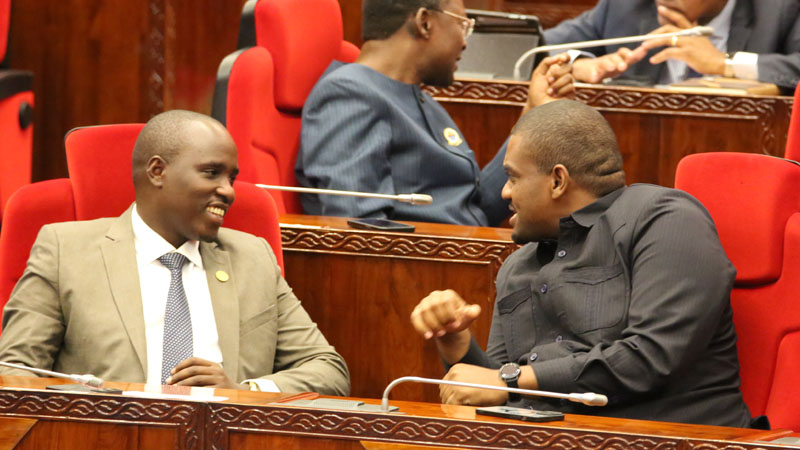Promoting Mathematical literacy: From Pi Day celebrations to pursuit of excellence
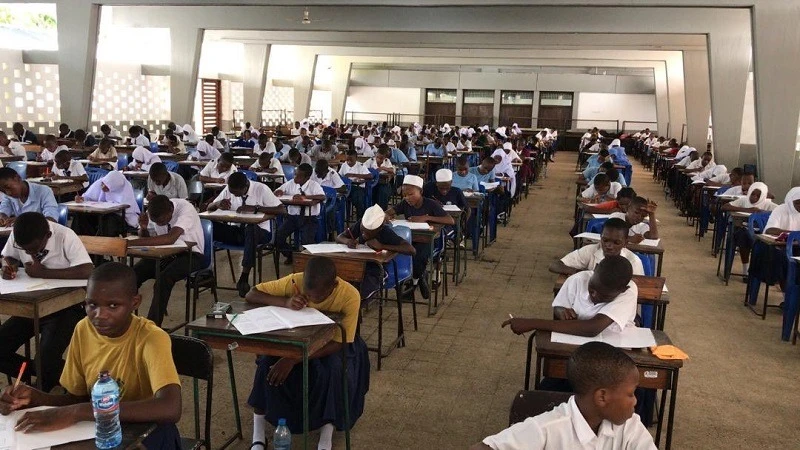
TANZANIA'S educational landscape is aglow with enthusiasm and achievement, fueled by the recent celebration of "3.14 Formulae Days" – a vibrant homage to the mathematical constant π. This annual event, held on March 14th, serves as a testament to Tanzania's dedication to promoting mathematical literacy and nurturing the intellectual curiosity of its students.
March 14th, globally celebrated as Pi Day, assumed an extraordinary significance in Tanzanian schools this year, as students and educators delved deep into a myriad of activities aimed at honoring the profound significance of π in mathematics.
From unraveling its historical origins to exploring its practical applications across diverse fields, the day unfolded as a vibrant tapestry of learning and discovery, igniting intellectual curiosity and fostering a deeper appreciation for the beauty of mathematics.
Top of Form
In classrooms across Tanzania, students engaged in a myriad of fun and educational activities, from Pi recitation contests to Pi-themed quizzes. Teachers seized the opportunity to underscore the relevance of mathematics in everyday life, fostering an appreciation for its beauty and practicality among their students.
But beyond the festivities lies a deeper purpose – to instill a profound understanding of mathematical concepts and cultivate a culture of curiosity and exploration among Tanzanian students. Through "3.14 Formulae Days," schools across the nation aim not only to celebrate the significance of π but also to ignite a passion for mathematics that transcends the confines of the classroom.
This year's celebration comes on the heels of another significant event in Tanzania's education sector – the announcement of the results of the national form four examination for January 2023. These results, heralded a promising upward trend in academic achievement, signaling a newfound momentum in Tanzania's pursuit of educational excellence.
Athuman Amasi, the then acting executive secretary of the National Examinations Council of Tanzania (Necta), unveiled the encouraging news, revealing that the pass rate had risen to 87.79 percent. Out of the 566,636 candidates who undertook the exam, 306,052 were girls, constituting 54.01 percent, while 260,584 were boys, accounting for 45.99 percent of all candidates.
Amasi emphasized the quality of the pass, highlighting that 36.95 percent of candidates achieved good performance, securing grades one to three. This marked a significant increase of 1.11 percent compared to the previous year, indicating a positive trajectory in academic excellence.
However, amidst the jubilation over the improved pass rate, challenges persist in subject proficiency, particularly in mathematics. A staggering 79.92 percent of candidates failed the mathematics examination, highlighting the need for concerted efforts to enhance mathematical literacy and proficiency among students.
The results also revealed challenges in language proficiency, with 4.42 percentfailing Kiswahili and 31.28% failing English. These findings underlined the importance of holistic approaches to education that address not only academic subjects but also language skills crucial for communication and comprehension.
Despite the commendable participation rate of 97.66 percent among school candidates, a concerning number of students, totaling 12,536, did not sit for the exam due to various reasons. Efforts to understand and mitigate factors contributing to absenteeism would be crucial in ensuring equitable access to education for all students.
Amidst the unveiling of the examination results, Tanzania's educational landscape continues to witness initiatives aimed at nurturing talent and promoting mathematical literacy. "3.14 Formulae Days" exemplifies this commitment, providing a platform for students to engage in hands-on learning experiences that transcend the boundaries of traditional classroom instruction.
The Tanzania Mathematics Association (Chahita) has been instrumental in organizing national mathematics competitions, recognizing top performers, and preparing them for international competitions. Plans to broaden regional participation and identify talented students to represent Tanzania internationally accentuate a commitment to nurturing excellence in mathematics education.
As Tanzania's education sector undergoes transformation and strives for excellence, stakeholders recognize the critical importance of enhancing the quality of education to equip students with the skills and knowledge necessary for success in the 21st century. Quality education encompasses various aspects, including curriculum design, teaching methodologies, teacher training, infrastructure, and access to resources.
One key area of focus is curriculum design, where efforts are made to ensure alignment with global standards and the needs of the modern workforce. By incorporating relevant and practical skills into the curriculum, Tanzania can better prepare students for the challenges and opportunities of the future.
Countries renowned for their excellence in mathematics education, such as Singapore and Japan, offer valuable insights into effective curriculum design strategies. These nations emphasize a holistic approach to mathematics education, integrating real-world applications and problem-solving skills into the curriculum.
Additionally, the adoption of innovative teaching methodologies is essential in enhancing the quality of education. Active learning approaches, collaborative projects, and inquiry-based learning methods empower students to take ownership of their learning journey, fostering critical thinking, creativity, and problem-solving skills.
Models adopted by countries like South Korea and Japan, where students consistently excel in mathematics, prioritize interactive and student-centered teaching practices that stimulate curiosity and engagement.
Teacher training and professional development programs play a pivotal role in enhancing educational outcomes. Investing in the continuous training and support of educators equips them with the pedagogical skills and subject knowledge necessary to effectively engage students and facilitate meaningful learning experiences. Finland's education system, often hailed as a global benchmark for excellence, places a strong emphasis on teacher autonomy, professional collaboration, and ongoing professional development.
Besides, ensuring equitable access to quality education requires addressing disparities in infrastructure, resources, and educational opportunities. Investing in school infrastructure, providing access to technology, textbooks, and learning materials, and implementing targeted interventions to support marginalized and underprivileged communities are essential steps in promoting inclusivity and equity in education.
By drawing inspiration from successful educational models worldwide and tailoring strategies to suit the unique context of Tanzania, stakeholders can chart a path toward educational excellence and equip students with the skills, knowledge, and mindset needed to thrive in the rapidly evolving landscape of the 21st century.
Therefore, enhancing the quality of education in Tanzania requires a multi-faceted approach that encompasses curriculum reform, innovative teaching practices, teacher training, and equitable access to resources.
By learning from the experiences of countries known for their excellence in mathematics education and leveraging best practices, Tanzania can nurture a generation of empowered learners poised to contribute meaningfully to society and thrive in an increasingly interconnected world.
Top Headlines
© 2024 IPPMEDIA.COM. ALL RIGHTS RESERVED











